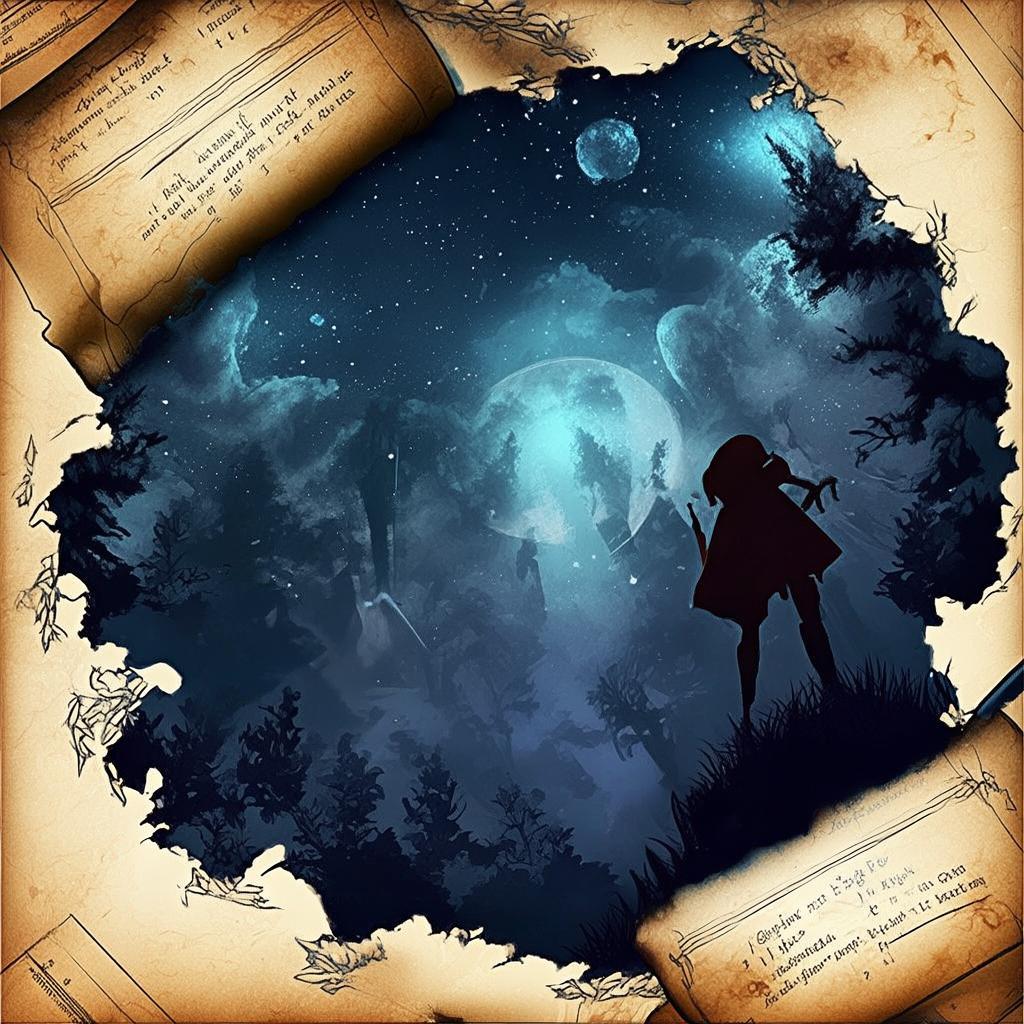The Shadowed Truth of Montague Avenue
In the heart of Seattle's Montague Avenue, a place where the lines between the mundane and the supernatural blurred, Frasier Crane, the beloved psychiatrist, lived a life seemingly content with his radio show and the occasional foray into solving local mysteries. Yet, beneath the surface, there was a deep-seated unease that he couldn't quite shake off. It was as if the city itself whispered secrets that were meant for him alone.
One crisp autumn morning, as Frasier was leaving his apartment, a new neighbor moved into the building across the street. His name was Charles, and he was a man of few words, with an air of mystery that seemed to permeate every gesture. Charles's arrival was marked by a peculiar set of events that began with the delivery of a package addressed to "Mr. Charles Montague."

Curiosity piqued, Frasier decided to strike up a conversation with the enigmatic new neighbor. "I noticed your package," Frasier said, breaking the silence that had hung between them since Charles's arrival. "What's in it?" Charles's eyes narrowed slightly, but he replied with a cryptic smile, "It's a secret, Frasier. A secret for me to keep."
Days turned into weeks, and the package became a focal point in Frasier's life. It was as if Charles's presence and the unopened package were a siren call, drawing him deeper into the heart of an enigma that he couldn't resist. It wasn't long before Frasier found himself in possession of the package, the contents of which were a series of cryptic letters, each signed "The Watcher."
The letters spoke of a labyrinth, a place where reality was not what it seemed. They spoke of twisted paths and truths hidden in plain sight. "The truth is not what you think it is," one letter read, "but what you cannot see."
Frasier, driven by an inexplicable urge, began to follow the clues left by "The Watcher." He found himself visiting locations in Seattle that held personal significance to him, each place echoing a piece of his own past. It was as if his life was being unraveled, thread by thread, and laid bare for all to see.
As Frasier delved deeper, he discovered that the labyrinth was not just a physical place, but a metaphor for the labyrinth of his own mind. He began to question everything he knew about his own life, his relationships, and the world around him. The letters hinted at a grander conspiracy, one that reached far beyond the confines of Montague Avenue.
One evening, as he sat in his living room, pouring over the latest letter, he found himself staring at a familiar name: Daphne Moon. The letter spoke of a love that was never meant to be, a love that had been forbidden for reasons he couldn't fathom. The name Daphne, a name he had long thought was buried in the past, suddenly took on new meaning.
The following day, Frasier confronted Daphne, seeking answers. "Daphne," he said, his voice trembling with emotion, "there's something you need to know. The letters, they speak of us."
Daphne, taken aback, began to piece together the puzzle Frasier had laid before her. They spent hours talking, the weight of years of unspoken truths between them finally lifted. It was clear that the labyrinthine letters were not just about Frasier's past, but about the past of everyone who had ever crossed paths with him.
The climax of Frasier's journey came when he confronted Charles, the man who had started it all. "What do you want from me?" Frasier demanded. Charles looked at him with a mix of sorrow and understanding. "To see the truth, Frasier. To see the truth of your life."
The truth, as it turned out, was a mirror held up to Frasier's own reflection. He learned that the labyrinth was a metaphor for his own mind, a place where the real and the imaginary danced together. The letters were a reflection of his deepest fears and desires, a truth that had been hidden in plain sight all along.
The ending of Frasier's labyrinthine odyssey was not one of resolution but of acceptance. He realized that the labyrinth was not a place to escape, but a journey to self-discovery. With Daphne by his side, he embraced the reality of his past, present, and future, knowing that the truth was the only way to move forward.
The Shadowed Truth of Montague Avenue was a tale of self-discovery, a story that showed that sometimes, the greatest mysteries are the ones that lie within us.
✨ Original Statement ✨
All articles published on this website (including but not limited to text, images, videos, and other content) are original or authorized for reposting and are protected by relevant laws. Without the explicit written permission of this website, no individual or organization may copy, modify, repost, or use the content for commercial purposes.
If you need to quote or cooperate, please contact this site for authorization. We reserve the right to pursue legal responsibility for any unauthorized use.
Hereby declared.









